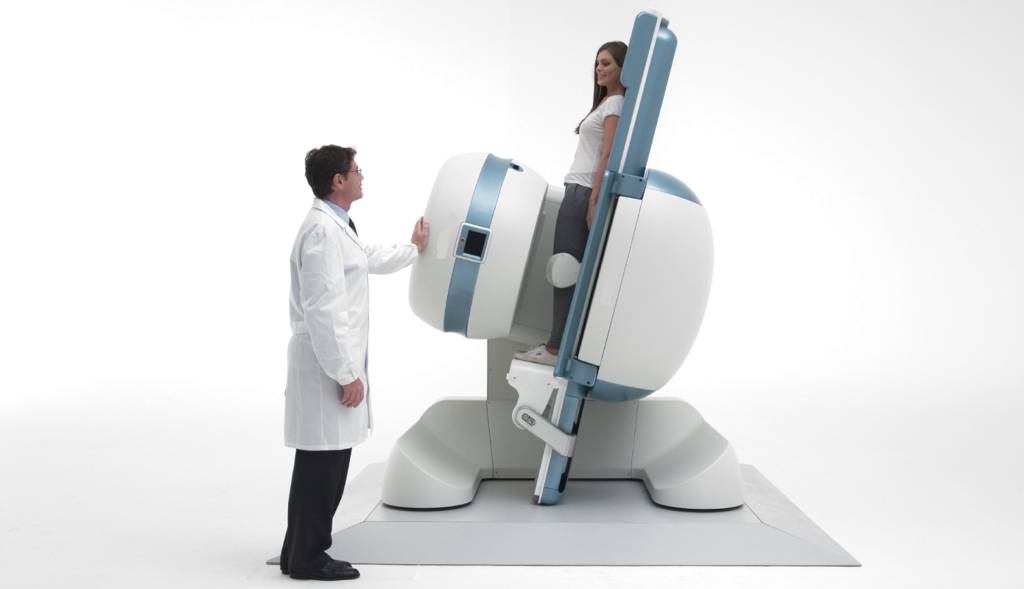Eastern Diagnostics is proud to announce Eastern India’s first Tilting MRI.
Non-Claustrophobic | Enhanced Clarity | Comfortable | 0 to 90 rotation

A tilting MRI, also known as a positional MRI or positional imaging system, is an MRI machine that can move and tilt the patient table during the scanning process. This capability offers several benefits compared to traditional static MRI machines:
- Non-Claustrophobic – MRI scans can be uncomfortable for some patients, leading to anxiety or claustrophobia. In some cases, patients, particularly children, might require sedation or anaesthesia to remain still during the scan. The ability to perform scans in different positions can help find a more comfortable and tolerable position for the patient, potentially reducing the need for sedation or anaesthesia.
- Enhanced Clarity – Some conditions, such as herniated discs, may only become apparent when a patient is in a certain position that exacerbates their symptoms. Tilting MRI allows clinicians to capture images when the patient is experiencing the symptoms, which can aid in more accurate diagnosis.
- Orthopaedic and Neurological Assessment – For orthopaedic and neurological patients, tilting MRI can simulate various postures that induce or exacerbate symptoms, aiding in diagnosing conditions that are position-dependent, such as spine issues or nerve impingements.
- Customized Scans – Patients come in different shapes and sizes, and anatomical variations can sometimes lead to challenges in obtaining clear images. Tilting MRI allows technologists to adjust the angle of the patient’s body to optimize the scan for their unique anatomy.
